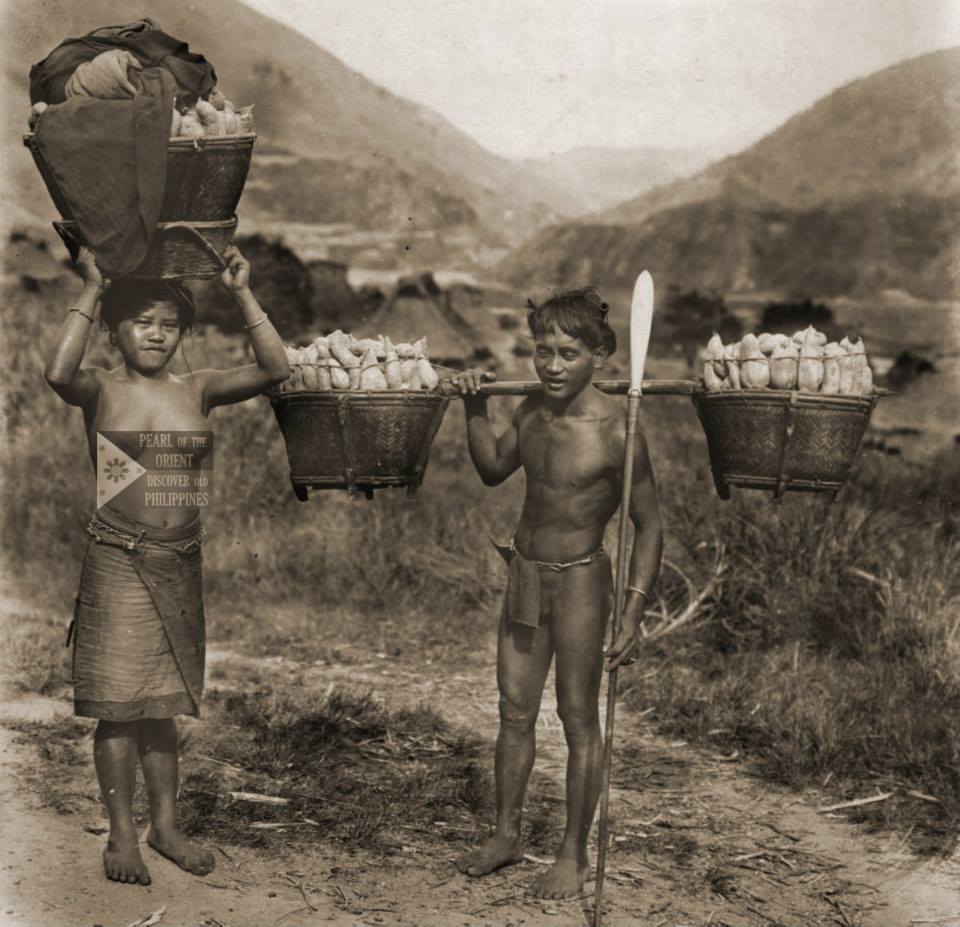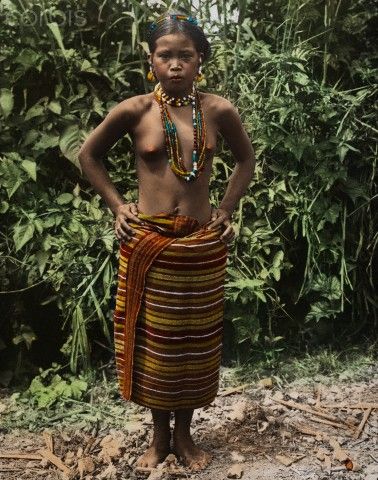
This is during the Pre-colonial period dates back 1572 A.D.
The present Baguio City was once known as Kafagway “wide open spaces” named by Ibaloi tribes of the Northern Philippines (Cordilleras).

© This Images is a property of Google Archives

The main area was occupied by the indigenous Kankaney and Ibaloi people.
Before it was transformed into a colonial hill station or summer capital of the Philippines (This is where people went in the summer season to escape from the heat), The land was used primarily for grazing their herds of cattle. The terrain was composed of mild and calm nature with a lot of natural springs where water buffalos “carabao,” used to cool themselves too.
The area had different names Ibaloi: Ciudad ne Bag-iw; Ilokano: Siudad ti Baguio; Filipino: Lungsod ng Baguio). Now, it is officially the City of Baguio.
As hight as 5,000 feet or 1,524 meters above sea level, Kafagway and the rest of the province in Benguet was perfect for growing Arabica coffee during the Pre-colonial period of Baguio
It used to be a vast mountain region with thick forests, various wildlife such as the Cloud rats, Philippine eagle and deer, black wild pig, and numerous species of floras. This was a hunting ground for indigenous peoples, notably the Ibalois and other highland ethnic groups.
According to the article, During the 14th and 15th centuries, it was under the dominion of the Kingdom of Tondo until it came back to a normal state followed by local indigenous people and government.
by the 16th century. This is when the Spanish arrived in the Philippines, the area was never fully occupied by Spain due to the intensive defense tactics and ideas of the native in the region.
NEXT: Spanish colonial period
History: Origin of Baguio (Part II)
최신 글
카테고리
보관함
Calendar
| 월 | 화 | 수 | 목 | 금 | 토 | 일 |
|---|---|---|---|---|---|---|
| 1 | 2 | 3 | 4 | 5 | 6 | |
| 7 | 8 | 9 | 10 | 11 | 12 | 13 |
| 14 | 15 | 16 | 17 | 18 | 19 | 20 |
| 21 | 22 | 23 | 24 | 25 | 26 | 27 |
| 28 | 29 | 30 | ||||